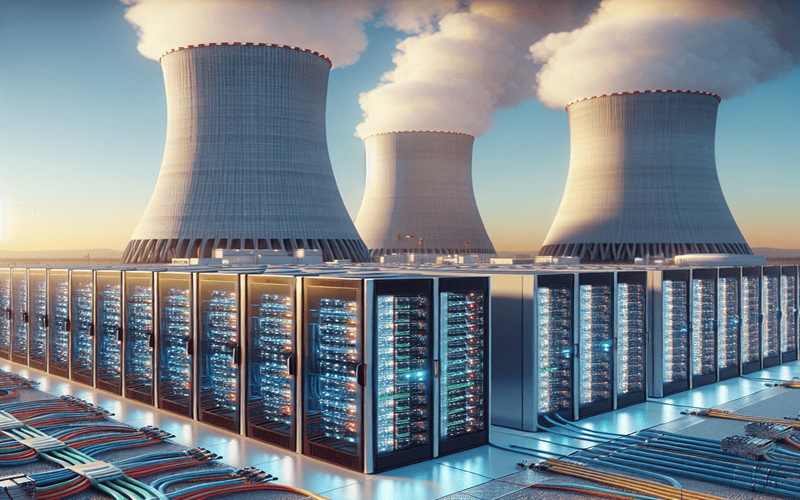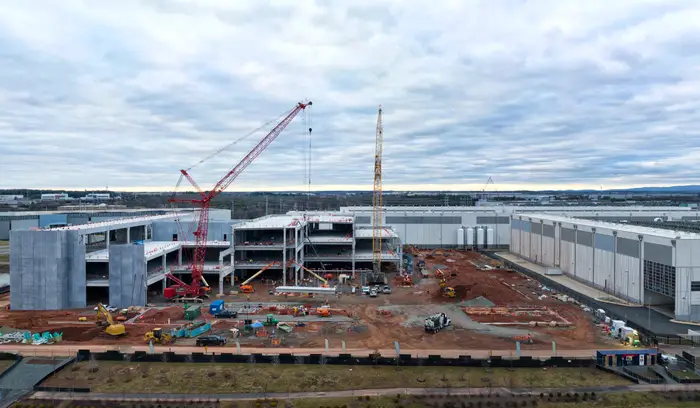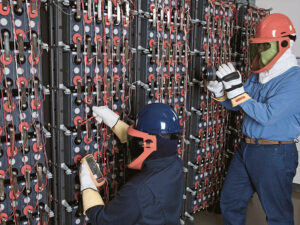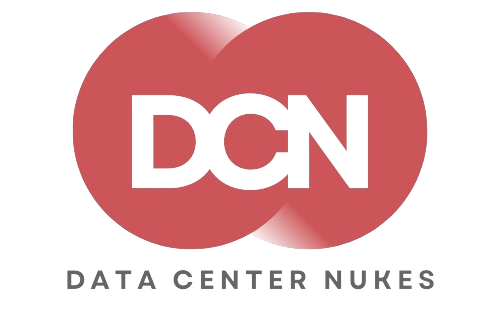The data center industry has experienced explosive growth over the past decade, driven by the rise of cloud computing, streaming services, and now generative AI. As our digital lives continue migrating to the cloud, there is an ever-increasing demand for data center capacity and operational excellence. The Data Center Nukes podcast spoke with Brian Decker, a 20-year Navy veteran who transitioned from running nuclear propulsion plants on aircraft carriers to standardizing operations for Meta’s global data center portfolio, and now runs a consultancy doing the same for other companies.
From the Navy to Meta
After retiring from the Navy in 2017, Bryan Decker joined Facebook (now Meta) as part of their new Global Facilities Operations Support team. His role was to develop operational standards and governance across Meta’s rapidly expanding data center footprint, which grew from 27 to over 60 facilities under his tenure.
Bryan found parallels between running nuclear plants and operating highly critical data center environments. Both require rigorous processes, training, and a keen focus on safety and reliability to prevent costly outages and errors.

Standardizing Amid Rapid Growth
“You can’t really make mistakes. There’s always pressure to avoid downtime. When doing maintenance, a lot of planning is involved to ensure we only take down the necessary power paths at the same time. Without a proper process, that becomes very difficult.”
One of the biggest challenges Bryan faced was implementing consistent standards across Meta’s data centers, some of which had been operating independently for a decade. He had to strike a balance between corporate policies based on federal regulations and local customization for facilities in regions with stricter rules like Ireland.
The largely unprecedented nature of hyperscale data centers meant there was no industry cookbook to follow. Decker’s team essentially wrote the playbook as they went, starting with crucial areas like electrical safety and emergency procedures akin to a nuclear plant’s casualty procedures.


Launching a Consultancy
“If you don’t have a set framework for where that data goes, what data you’re going to collect based on the asset type, then you’re going to end up with data issues. Those data issues include duplicate asset entries, untraceable duplicate part numbers, and incorrect information.”
After acquiring years of experience streamlining operations for one of the data center industry’s titans, Bryan partnered with a fellow Navy veteran in 2023 to launch their own consultancy called Compass Facilities.
The company aims to optimize data center operations through services like developing governance frameworks, work management programs, enterprise asset management, and operational readiness planning for new facilities.
Bryan has found that many data center firms, particularly those launched by real estate investors rather than technology companies, lack robust operational foundations. This often leads to issues like poor asset data integrity that can impair maintenance efforts and increase costs down the line.
The Next Wave: Generative AI
“AI throws a new wrinkle in for the data center industry where, you know, you build these data centers or the traditional racks and all the advancement and technology and racks have not changed. What you need from a facility operations environment to support those racks for the AI clusters are different. They generate a lot more heat.”
Even as Compass Facilities assists clients in establishing operational best practices, the data center landscape continues evolving at a blistering pace. Generative AI introduces new complexities, as AI clusters generate more heat than traditional servers, potentially necessitating redesigns or retrofits to maintain proper environmental conditions.
Decker predicts AI will also increasingly automate certain data center monitoring and control functions currently performed manually. However, he believes this technological evolution will complement human operators rather than replace them entirely.
For current and former Navy Nukes interested in data center operations, Decker recommends thoroughly researching the fundamentals beforehand, as interviewers often gauge basic industry knowledge like electrical distribution designs. He also advises showcasing enthusiasm for the company’s endeavors beyond just operating facilities.
With data consumption and cloud adoption showing no signs of slowing, the data center industry will likely continue riding a capacity growth curve for the foreseeable future. Decker’s journey showcases how Nukes’ exceptional technical acumen and operational rigor can seamlessly translate into supporting the world’s digital infrastructure.
